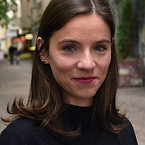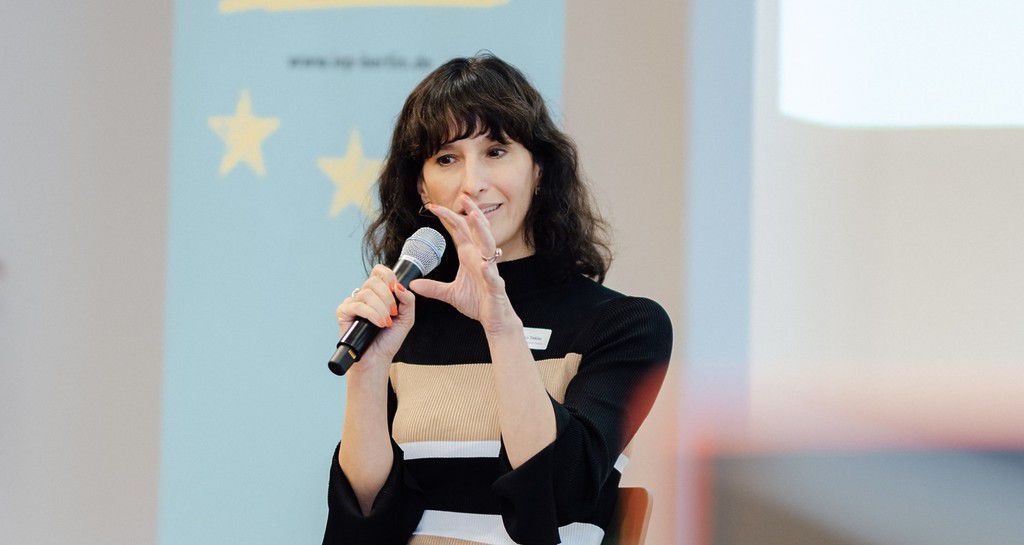Funda Tekin arrived in Istanbul just a few days before the interview with Table.Media. For three months, the scholar is living and working on the Bosphorus and researching EU-Turkey relations, one of her main areas of focus.
For this stay, the 45-year-old has scooped up time otherwise well filled with her work as Director of the Institute for European Politics (iep). With Karin Böttger, she has been at the helm of the foreign and European policy research institution since 2018. Tekin's topics include the future of the EU, the rule of law and EU enlargement.
She is the coordinator of the German-Nordic-Baltic Forum and part of the Franco-German group of experts commissioned by the two countries to develop proposals for institutional reforms of the European Union. The group plans to present its report in the fall.
There is a great need for reform in the EU, Tekin says. "By that I mean: We need to make ourselves capable of acting." Especially in view of the planned enlargement, she says, it is time to tackle qualified majority voting, even if that is controversial among member states.
There must also be reforms in the accession process. The accession negotiations with Turkey were an example of how things should not be done, she said, because the credibility of the accession perspective had to be preserved at all costs. She said it is important not to repeat old mistakes in the talks with Ukraine and Moldova. "Expectation management" is a term Tekin uses more often in this context. That Ukraine will become an EU member in the next five years is too optimistic, she said, and the EU must say so clearly.
In this context, it would be worth discussing the concept of differentiated integration. In the context of the accession process, it would mean creating intermediate stages. "I know that's not so popular because there's a fear associated with it that these intermediate stages will become permanent," Tekin says. "But it's something to at least think about, precisely because the process takes longer." For example, she says, it is conceivable to incorporate the country into the domestic market ahead of time.
'EU-Turkey relations need a form'As lively as EU enlargement is currently being discussed, Turkey is often left out of it. "This is a blank space in the debate," Tekin says. "But EU-Turkey relations are there and they need a form."
Tekin's stay in Istanbul, sponsored by the Mercator Foundation, coincides with the parliamentary and presidential elections in mid-May, the outcome of which will probably determine the future of relations between Brussels and Ankara. Should the opposition win, Tekin says, foreign policy would probably not change that much. "But the tone would change. You would have a partner to talk to again."
Europe and Turkey as topics have accompanied Tekin for a long time. The economist wrote her diploma thesis on the Europeanization of Turkey. Her doctorate was on differentiated integration in the EU. She has worked at the Jean Monnet Chair of European Policy at the University of Cologne and has led several research projects on Europe and EU-Turkey relations. This summer, she will take up an honorary professorship on European Governance at the University of Tübingen.
Istanbul everyday lifeThat Funda Tekin has made the EU and Turkey her topics, is also due to her family. She grew up in Germany with a Turkish father. That is why she does not feel she clearly belongs to a country, but rather as a European, she says. A feeling reinforced by her year abroad at Sciences Po in Paris.
When she has time off, she goes to the ballet, travels and spends time in nature. For now, however, Tekin is settling into her everyday life in Istanbul. She lives on the Asian side of the city and takes the ferry to the European part of the city to go to the office. During her first week, she says, she even saw dolphins. Sarah Schaefer


